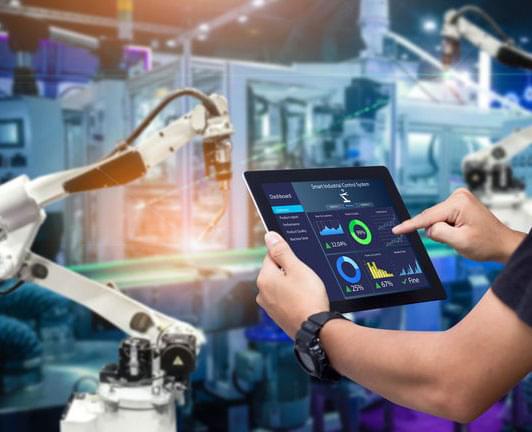We provide comprehensive end-to-end implementation services for your internal or external mobile business applications. Our team of IOS and Android consultants excels in requirements gathering, architectural design, cloud services selection, code development, and deployment.
- In today's business landscape, enterprise mobile applications are essential components of the omni-channel experience and the overall enterprise journey. The prevailing trend in software development emphasizes a mobile-first approach, with an increasing number of applications transitioning to mobile platforms. At MSQue, we adhere to a "cloud first before the mobile" strategy to ensure optimal backend services migration to the cloud before integrating them into the mobile layer for enhanced functionality.
- Regarding the mobile layer, we offer expertise in both native and hybrid mobile development and tailor our standard development methodology to align with our clients' specific needs.
- Leverage our Mobile Backend as a Service (MBaaS) solution to develop enterprise mobile applications without the need for significant infrastructure capital investment. Our seasoned Solution Architects and Programmers possess extensive experience with IOS and Android platforms, allowing them to design and develop customized solutions that meet your enterprise's unique requirements.

